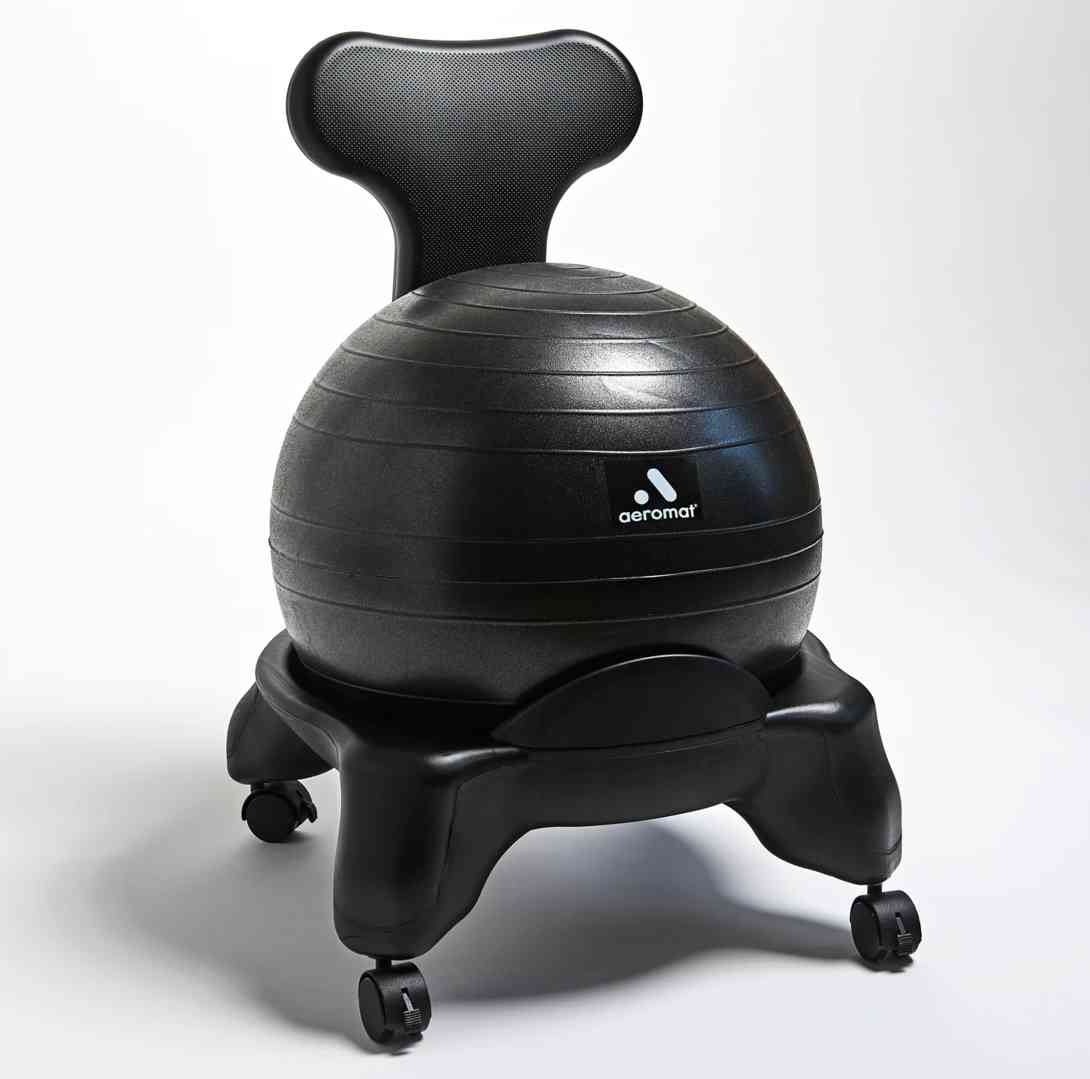You’re probably always looking for methods to get the most out of your equipment if you’re like most surplus equipment users. There is no denying that purchasing surplus gear may be a terrific method to save money and obtain the tools you want. You might not be receiving the best return on your investment, though, if you’re not diligent. These pointers below will help you make the most of what’s available, whether you’re new to surplus or have been utilizing it for years. These pointers will help you use your surplus gear like a pro, from choosing the proper piece of gear to caring for it after you have it. So, continue reading to learn how to maximize your second-hand equipment right away.
1. Sell Your Surplus Equipment on Online Marketplaces
Selling your surplus equipment on internet markets is the first step to getting the most money out of it. This quick and effective way enables you to sell your surplus with the least amount of work. Additionally, using online marketplaces like eBay, Craigslist, or Facebook Marketplace, you can simply establish a price that accurately represents the quality and value of your item. Additionally, it is frequently feasible to improve the bargain by haggling with purchasers online.
2. Check Return Policies Before You Buy
It’s important to remember that buying surplus equipment doesn’t come with any guarantees. So that you are aware of your options if something does not function as promised, it is essential to read return policies before making a purchase. The assumption that all online retailers will have the same return policies is one that many people make, but it’s not always true. It’s also critical to comprehend a local vendor’s return policies before making a purchase from them. Furthermore, when you sell surplus inventory, you should also make sure that buyers understand your return policies.
3. Take the Necessary Precautions

In order to avoid receiving damaged or useless equipment when purchasing surplus items, it’s crucial to take the necessary precautions. Check the item out carefully and, if necessary, enquire about its condition and previous use before making any purchases. Be sure to research this option before making a purchase because some online retailers may also provide warranties on specific products. To properly install, use, and maintain your surplus equipment, it’s also crucial to make sure you have the right tools and materials.
4. Shop Around
Do your research to find the greatest prices without hesitation. Take the time to evaluate several providers before choosing one because there are many merchants offering excellent discounts on new and used surplus equipment. In addition, keep an eye out for great deals on goods in both brick-and-mortar stores and online classifieds if you’re searching for a specific item. Last but not least, keep an eye out for local auctions, which are held frequently in many areas and may offer some fantastic bargains.
5. Check Local and Regional Regulations
Prior to purchasing any surplus equipment, it is crucial to confirm local and regional regulations. This is particularly crucial if you intend to use the equipment for purposes that may be legally restricted, such as in a commercial setting. It’s crucial that you do your research to determine what laws must be followed in your area because breaking them can result in steep fines or worse. An extensive investigation is necessary because it’s common that the equipment has additional requirements that aren’t always obvious.
6. Look for Warranties

When acquiring second hand equipment, a warranty may sometimes offer additional peace of mind. Remember that secondhand equipment usually does not come with guarantees; therefore, seek for any that may have been initially offered by the vendor or manufacturer. Before completing your purchase, if a warranty is offered, be sure you know what it covers and what the conditions are for repair or replacement. Having a guarantee on your purchase will help shield you from any potential problems or malfunctions.
7. Know Your Seller
Finding a reputable, trustworthy vendor is the first step in buying leftover equipment. Due to changes in technology and consumer demand, several of the top manufacturers are now offering clearance models or reconditioned products at discounted prices. When looking for a surplus buyer, check the company’s reputation online and get in touch with any inquiries or issues before completing a purchase. Additionally, find out whether they provide after-sales care and if they are educated about their products.
8. Give on Rent
A great strategy to optimize the return on your investment is to rent out your unneeded excess equipment. This will not only help you earn some additional money, but it will also enable you to stay current with emerging technological trends and provide people the opportunity to test out cutting-edge equipment that they would not otherwise be able to buy. It’s an excellent chance to make some money while giving away what you already have.
9. Compare Prices

Compare prices for comparable products online before making a purchase to make sure you’re getting the best deal possible. Don’t just buy the first piece of surplus equipment that catches your eye. Additionally, bear in mind that some items might need extra parts or components in order to function properly, which can raise the price. Check the shipping costs and other associated expenses when making an online purchase as well.
10. Inspect Before You Buy
Before making any purchases, careful investigation must be done. Too frequently, consumers purchase used equipment without considering its age or quality, which leads to an unsatisfying end product that doesn’t work. You may make an informed selection by investigating the model, the manufacturer’s track record, and user reviews so you know what level of quality to anticipate.
11. Test Before Using
It’s also crucial to test used equipment before using it. Verify that all functions are functioning properly, look for any damage or evidence of wear and tear that can impair performance, and also check the safety features. This will assist you in identifying any issues sooner rather than later and save you from having to make expensive repairs in the future.
Conclusion
In conclusion, the advice provided above will assist you in getting the most use possible out of your extra equipment. These suggestions should be helpful and enable you to get the most out of your investment whether you are new to using used equipment or have been doing so for some time.









